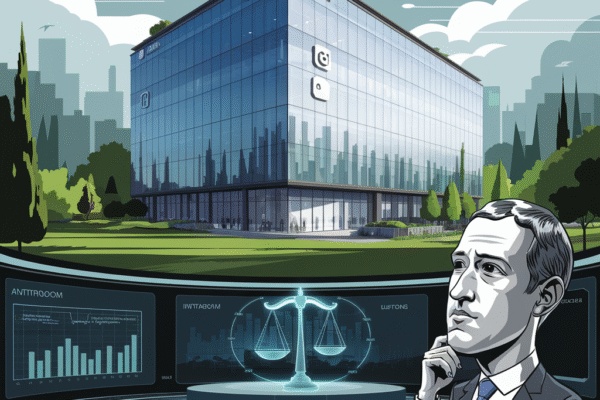- Fraudulent Bid Verdict: A Manhattan federal jury declared WeWork’s $77 million bid as fraudulent, marking a critical juncture in the company’s tumultuous history.
- Market Manipulation Allegations: Prosecutors presented evidence showing the offer was not genuine and intended to deceive investors, underscoring the importance of due diligence.
- Investor Confidence Impact: The verdict is likely to deter potential investors and affect WeWork’s market performance as investors reassess risk tolerance.
- Coworking Industry Scrutiny: The flexible workspace sector has seen rapid growth, leading to increased regulatory attention and scrutiny over transparency in investments.
- Legal Consequences: WeWork and its executives may face severe penalties, including fines and potential jail time, while regulatory changes are anticipated.
- Key Takeaways: Due diligence, transparency, and ethical practices are crucial for startups and investors to maintain trust and prevent market manipulation.
- Rebuilding Trust: To regain investor confidence, WeWork must prioritize integrity and clear communication in all future corporate dealings.
- Industry-wide Impact: This case highlights the need for robust internal controls and ethical practices across the coworking industry to prevent similar controversies.
- Lessons for Startups: Startups must ensure legitimate financial dealings, clear communication, and compliance with regulations to avoid market manipulation accusations.
- Future Outlook: As the flexible workspace sector continues growing, companies must prioritize transparency and integrity to maintain stakeholder trust.
WeWork’s $77M Bid Deemed Fraudulent: Key Trial Takeaways





